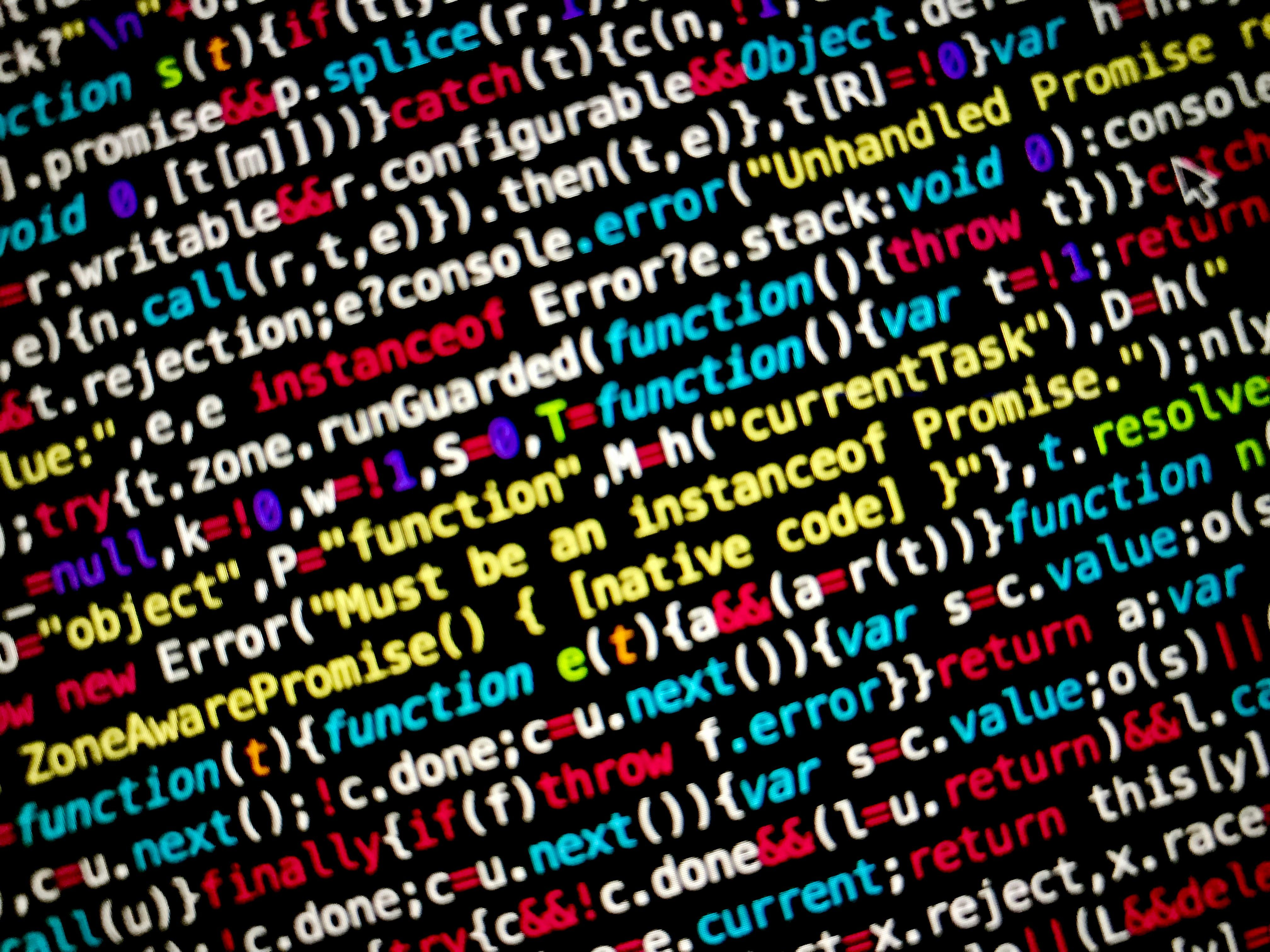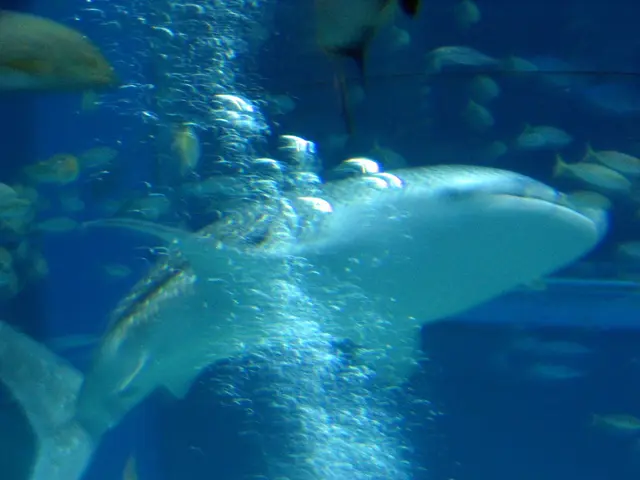Academic partnerships crucial in driving advancements in environmental research, as indicated by KEPS.
Jenan Behzad, the Secretary-General of the Kuwait Environment Protection Society, underscores the significance of bolstering researchers' skills and encouraging collaborative relationships between academic institutions and environmental organizations as essential steps toward attaining the Sustainable Development Goals (SDGs).
In a press statement made during a scientific visit on Tuesday, organized by the Science Department at the College of Basic Education—affiliated with the Public Authority for Applied Education and Training—in collaboration with the Sabah Al-Ahmad Center for Specialized Environmental Training, Behzad underscored the objective of the visit: to encourage academic collaboration and the exchange of knowledge in environmental and applied research. The visit brought together a delegation of researchers and faculty members to explore the advanced research infrastructure provided by Kuwait University's National Unit for Environmental Research and Services.
The unit showcased its state-of-the-art analytical equipment and emphasized its importance in supporting graduate students and environmental researchers, as well as its role in joint research projects with local and regional institutions and contributions to Kuwait's national environmental policies.
The Society, through its Environmental Center, prioritizes integrating academic knowledge with practical environmental expertise. This is demonstrated by its commitment to supporting specialized environmental training and facilitating cooperation with national research centers, aiming to generate impactful scientific outcomes.
Dr. Qais Majeed, the Head of the Science Department at the College of Basic Education, stated that the visit aligns with the university's mission to provide students and researchers with exposure to cutting-edge environmental research and technology. These initiatives, he added, enrich applied research and contribute to the development of environmental education curricula.
He also stressed that scientific research is crucial in addressing contemporary climate issues. It enables the generation of accurate, data-driven insights into the causes and effects of climate change, contributing to crafting adaptive solutions, sustainable technologies, and evidence-based environmental policies in key areas such as water, energy, agriculture, and biodiversity.
This collaborative initiative is reflective of Kuwait's broader commitment to supporting environmental sustainability through education, research, and institutional partnerships, following a long line of strategies aimed at strengthening research capabilities, fostering international and local collaboration, and supporting Kuwait's commitment to achieving the SDGs, particularly in environmental sustainability (SDG 13), sustainable development (SDG 8), and quality education (SDG 4).
- The visit organized by the Science Department at the College of Basic Education highlighted the importance of environmental science education and self-development, as it aimed to foster academic collaboration and knowledge exchange in the field of environmental and applied research.
- As the Society prioritizes integrating academic knowledge with practical environmental expertise, they emphasize the role of education and self-development in science, particularly in environmental science, to generate impactful scientific outcomes that contribute to the attainment of the Sustainable Development Goals (SDGs), particularly SDG 4 (Quality Education), SDG 8 (Sustainable Development), and SDG 13 (Climate Action).








